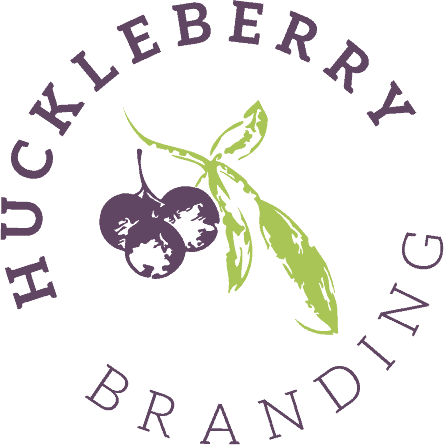The How-To on Your Best Marketing Strategy
David Ogilvy, otherwise known as the father of advertising, once said, “If you want to be interesting, be interested.” That’s a thought that can apply to marketing strategy as a whole. Smart marketers know that there’s no one silver bullet to successful marketing (although wouldn’t that be fabulous?). It’s more about who you are marketing to and how well you connect with them. It can seem overwhelming at first because the one thing consumers seemingly have in common is that they are all different.
So where do you start? It really comes down to which marketing strategy is best for your business type. After all, a jewelry brand’s approach would, and should, be very different from the marketing approach taken by a doctor’s office.
Get Interested in Your Audience
Great relationships start with understanding, and marketing is no exception. To really connect, consider who your audience is, their needs, how they seek information and the language they use, as well as how, when and where they interact with your product or service.
Also consider the lead path and timeline. Is the purchase decision high-involvement or low-involvement? For example, deciding on a $100 pair of earrings will have a shorter lead time and require less consideration than committing to a $20,000 30-day drug treatment program. Generally, the higher the price, the more is at stake, which means the lead time will be longer and require more information and involvement.
What’s Your Type?
Now that you know a little about your audience, let’s think about you might best reach them.
Marketing Strategy for Product-Based Business
This type of business is more “top of the funnel” focused; drawing customers in and converting them to purchase as quickly as possible.
Goals: Brand Awareness, Lead Generation
Tools: Both brick and mortar and ecommerce retailers will benefit from SEO, digital ads and social media. However as brick and mortar businesses need to attract customers within a certain vicinity, cross-promotions and partnerships can also help.
Marketing Strategy for Service-Based Business
Here, your strategy will vary depending on the services you offer, but it’s about building relationships and continuing a conversation with your customers.
Goals: Lead Conversion, Customer Referrals, Thought Leadership
Tools: An excellent customer experience leads to word of mouth referrals and good customer reviews. These are the foundation of your toolbox.
Marketing Strategy for Non-Profits
Storytelling is key; open your audience’s heart and mind to your cause.
Goals: Raise Awareness, Get Donations, Enlist Volunteers
Tools: Videos, commercials, blog content, interviews bring those affected by your cause to life for your audience.
Marketing Strategy for Events
This type of strategy can be very time-centric following a process beginning well in advance of the event through post event follow up. But, the strategy can also be tailored to promote experiences or ideas that are less finite in time.
Goals: Sponsorships, Attendance
Tools: Social media, digital ads, PR, promotions to increase impressions and engagement among your audience.
For a deeper look at each of these strategies, stay tuned for upcoming posts. Or, if you’re ready to take the next step on your marketing strategy, we’d be interested in getting to know you.

